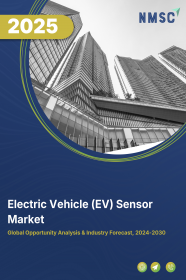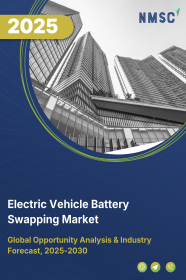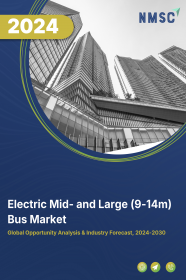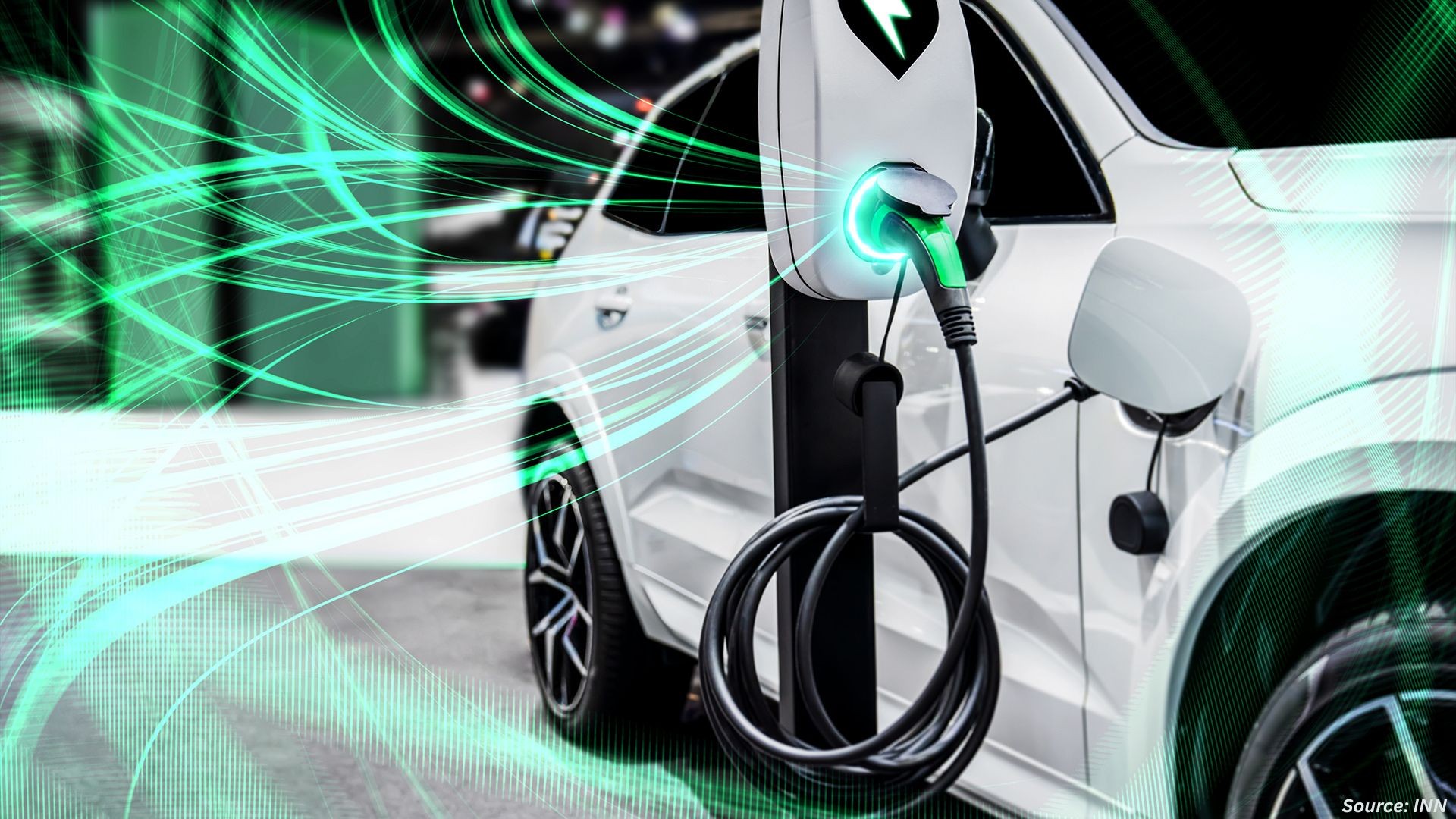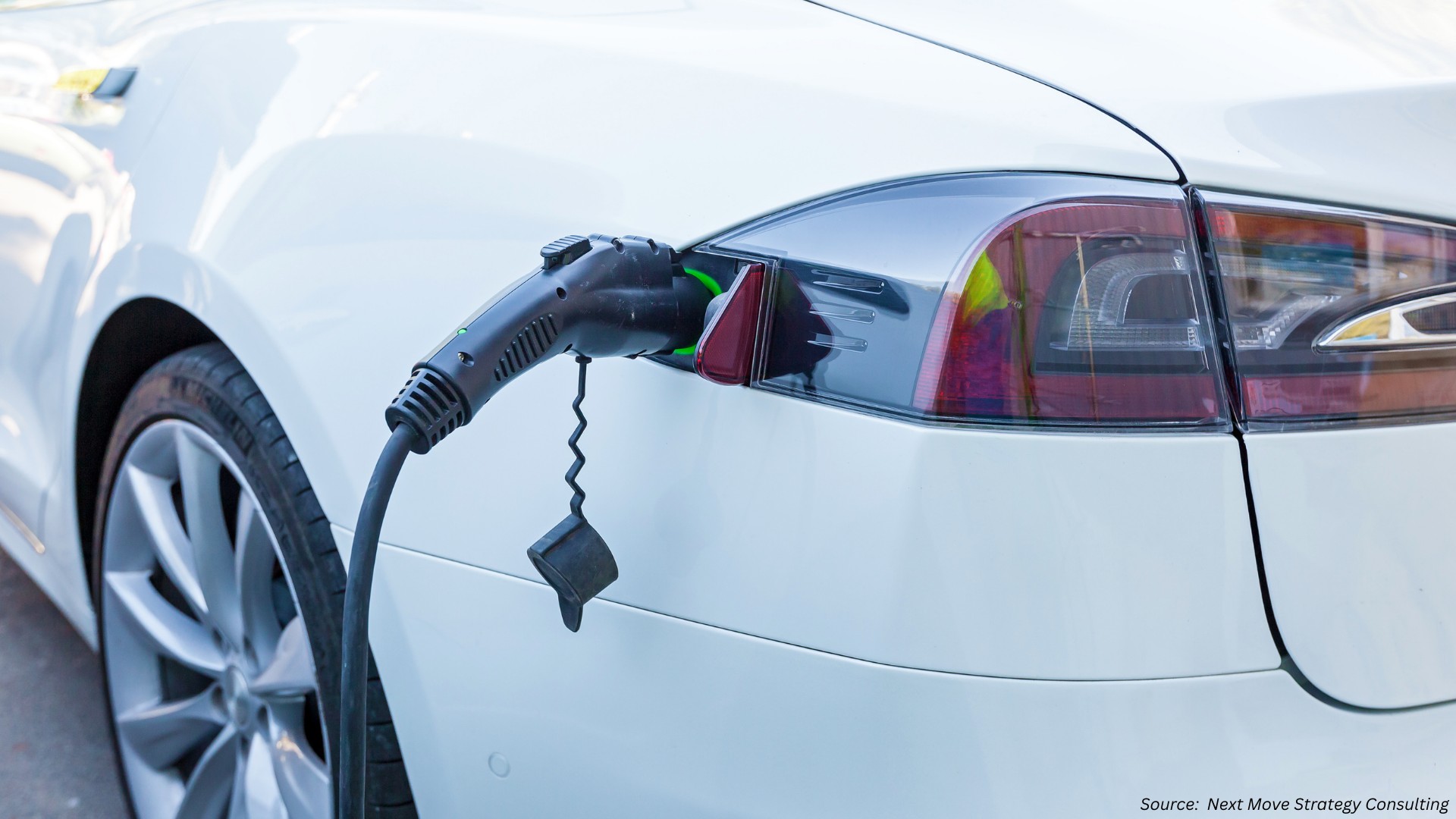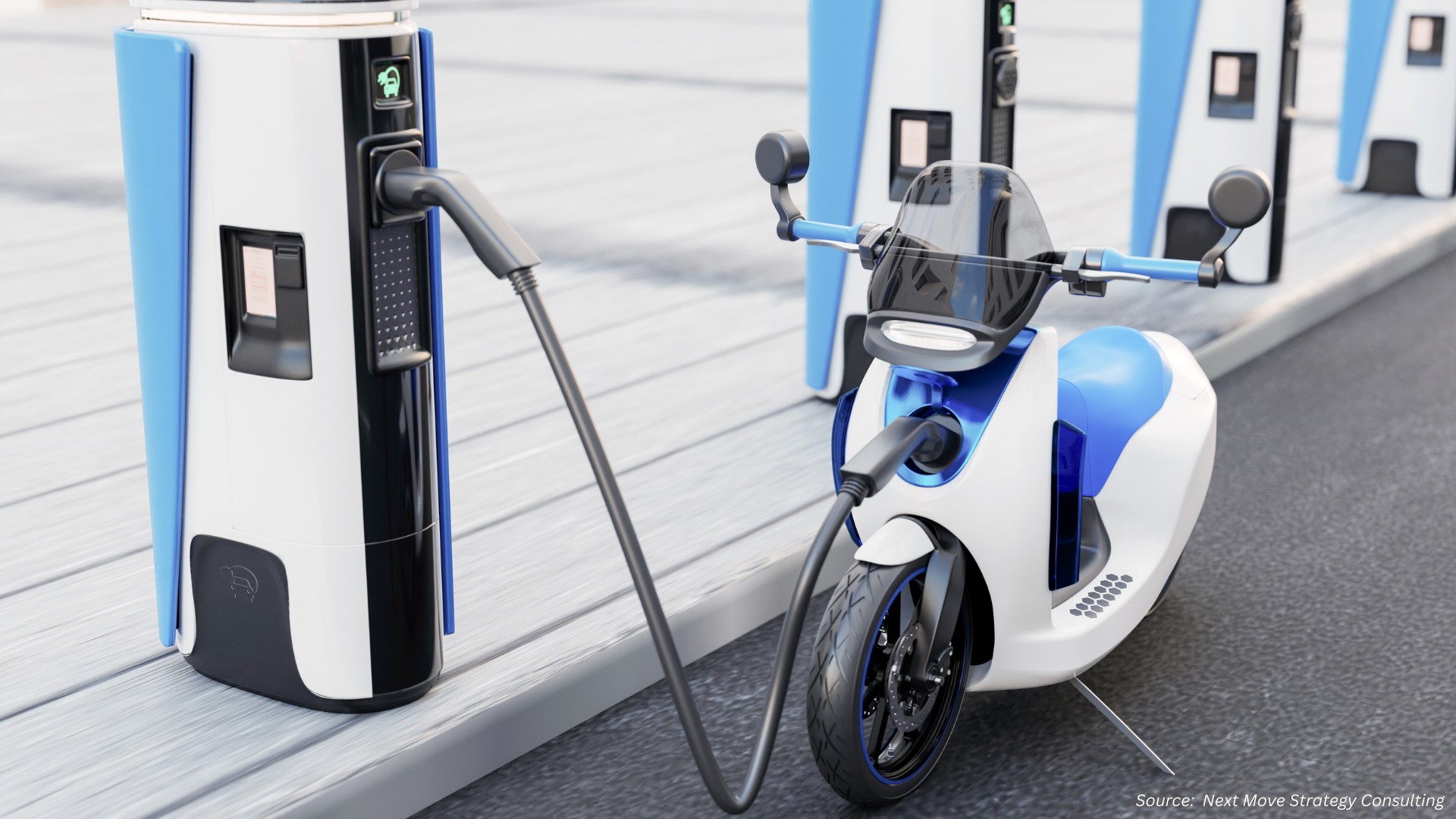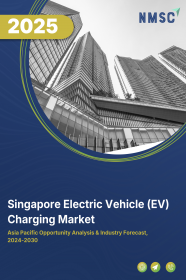
Singapore Electric Vehicle (EV) Charging Market by Type of Charger (AC Chargers, and DC Chargers), by Charging Speed (Level 1, Level 2, and Level 3), by Connector Type (Type 1, Type 2, CCS, CHAdeMO, and Others), by Installation (Fixed, and Portable), by End User (Commercial, and Residential) – Opportunity Analysis and Industry Forecast 2023–2030
Industry: Automotive & Transportation | Publish Date: 08-Jul-2025 | No of Pages: 103 | No. of Tables: 112 | No. of Figures: 77 | Format: PDF | Report Code : AT871
Market Definition
Singapore Electric Vehicle (EV) Charging Market was valued at USD 63.03 million in 2022, and is predicted to reach USD 650.92 million by 2030, with a CAGR of 34.4% from 2023 to 2030. Electric vehicle chargers are characterized by the rate at which they deliver energy to the vehicle's battery. They serve as a vital infrastructure connecting plug-in electric vehicles to electrical outlets for the purpose of recharging the vehicle's battery. These chargers facilitate the charging process by supplying the necessary electrical energy to the EV's battery.
Charging stations are compatible with electric vehicles, neighborhood electric vehicles (NEVs), and plug-in hybrids, allowing them to connect to an electrical source for charging. Some charging stations come equipped with advanced functionalities such as smart meters, cellular connectivity, and network access.
The charging of EVs can be carried out through several levels of charging such as level 1, level 2, and level 3. The higher the level of charging, the faster the charging process causing more power to be delivered to the vehicle. The use of electric vehicles significantly reduces the carbon footprints released into the atmosphere, which contain toxic gas. The growing threat of carbon emissions and other harmful gases stemming from transportation has triggered the vital necessity of adopting electric vehicles.
In addition, the penetration of EV charging is high in commercial spaces as compared to residential ones. Long-distance trips would benefit from ultra-fast charging capabilities made possible by public charging infrastructure. However, EV chargers for residential spaces offer significant growth potential as they are affordable and more convenient for charging electric vehicles as compared to commercial charging stations.
Policy-Led Acceleration of Charging Infrastructure
Singapore’s EV charging landscape is being rapidly transformed through progressive policies and regulatory reforms aimed at promoting sustainable urban mobility. The government has launched a series of nationwide initiatives to scale both public and private charging infrastructure, with a clear focus on future readiness. This includes mandates for EV-ready provisions in new residential and commercial developments. Key frameworks such as the Land Transport Master Plan and the Singapore Green Plan are guiding the systematic deployment of charging stations across public housing estates, car parks, and key urban districts—ensuring equitable access and long-term infrastructure resilience. These policy measures are significantly lowering entry barriers and attracting investments from both domestic and international players.
Urban Sustainability and Public-Private Synergies
Singapore’s vision of a car-lite, carbon-efficient future is closely tied to the integration of EV infrastructure into its broader sustainability and urban development agenda. City-level transport policies now increasingly favor low-emission mobility, and public agencies are working in tandem with private charge point operators to build city-wide charging networks. Urban planning elements—such as integrated transport hubs and smart mobility systems—are being designed with EV readiness in mind. This collaborative approach between public and private sectors is not only accelerating infrastructure rollout but also laying the foundation for a scalable, intelligent, and future-proof charging ecosystem.
High Costs and Grid Limitations
Despite the strong policy momentum, the deployment of EV charging infrastructure in Singapore faces notable cost and technical challenges. The installation of high-capacity DC fast chargers entails significant capital investment, including civil engineering works, transformer upgrades, and dedicated power substations. These costs are particularly difficult to justify in areas with lower traffic volumes or limited utilization, affecting overall commercial feasibility. Additionally, while Singapore’s power grid is highly reliable, it is not uniformly equipped to support the concentrated demand spikes caused by fast charging. Without timely grid enhancements and streamlined connection processes, the pace of infrastructure expansion may face localized constraints.
Rise of Vehicle-to-Grid (V2G) and Smart Grid Integration
Singapore’s emphasis on digital innovation and clean energy transition presents a strong platform for emerging technologies like Vehicle-to-Grid (V2G). V2G allows electric vehicles to operate as decentralized energy resources, capable of supplying electricity back to the grid during periods of peak demand or grid stress. Early-stage pilot programs, supported by collaborations among automakers, utility providers, and tech firms, are exploring the viability of bi-directional charging both technically and commercially. Integrating EVs into the smart grid ecosystem paves the way for new business models, including energy arbitrage, peak load management, and participation in demand response programs. This evolution positions EVs as integral components of the energy infrastructure, redefining their role from transport assets to mobile energy enablers.
Competitive Landscape
The Singapore Electric Vehicle (EV) Charging industry includes several market players such as Tesla, Inc. (through EVOne Charging), Schneider Electric, Siemens AG, Delta Electronics, Inc., ABB Ltd., Eaton Corporation, Wallbox Chargers, Autel Intelligent Technology, Noodoe Corporation, and MFG EV Power.
Key Benefits
-
The Singapore Electric Vehicle (EV) Charging market report provides a quantitative analysis of the current market and estimations through 2023-2030 that assists in identifying the prevailing market opportunities to capitalize on.
-
The study comprises a deep dive analysis of the market trend including the current and future trends for depicting the prevalent investment pockets in the market.
-
The information related to key drivers, restraints, and opportunities and their impact on the market is provided in the report.
-
The competitive analysis of the market players along with their market share in the Singapore Electric Vehicle (EV) Charging market.
-
The SWOT analysis and Porter’s Five Forces model are elaborated in the study.
-
Value chain analysis in the market study provides a clear picture of the stakeholders’ roles.
Singapore Electric Vehicle (EV) Charging Market Key Segments
By Type of Charger
-
AC Chargers
-
Mode 1 (2.3 kW)
-
Mode 2 (2.3 kW)
-
Mode 3 (3.7 kW to 22 kW)
-
-
DC Chargers
By Charging Speed
-
Level 1
-
Level 2
-
Level 3
By Connector Type
-
Type 1
-
Type 2
-
CCS
-
CHAdeMO
-
Others
By Installation
-
Fixed
-
Portable
By End User
-
Commercial
-
Commercial Public EV Charging Stations
-
Highway Charging Stations
-
Fleet Charging Stations
-
Workplace Charging Stations
-
-
Commercial Private EV Charging Stations
-
-
Residential
-
Private Homes
- Apartments
-
Key Players
-
Tesla, Inc. (through EVOne Charging)
-
Schneider Electric
-
Siemens AG
-
Delta Electronics, Inc.
-
ABB Ltd.
-
Eaton Corporation
-
Wallbox Chargers
-
Autel Intelligent Technology
-
Noodoe Corporation
-
MFG EV Power
REPORT SCOPE AND SEGMENTATION:
|
Parameters |
Details |
|
Market Size in 2022 |
USD 63.03 Million |
|
Market Volume in 2022 |
4 Thousand Units |
|
Revenue Forecast in 2030 |
USD 650.92 Million |
|
Growth Rate |
CAGR of 34.4% from 2023 to 2030 |
|
Analysis Period |
2022–2030 |
|
Base Year Considered |
2022 |
|
Forecast Period |
2023–2030 |
|
Market Size Estimation |
Million (USD) |
|
Growth Factors |
Policy-Led Acceleration of Charging Infrastructure. Urban Sustainability and Public-Private Synergies. |
|
Companies Profiled |
15 |
|
Market Share |
Available for 10 companies |
|
Customization Scope |
Free customization (equivalent up to 80 working hours of analysts) after purchase. Addition or alteration to country, regional, and segment scope. |
|
Pricing and Purchase Options |
Avail customized purchase options to meet your exact research needs. |




















 Speak to Our Analyst
Speak to Our Analyst



